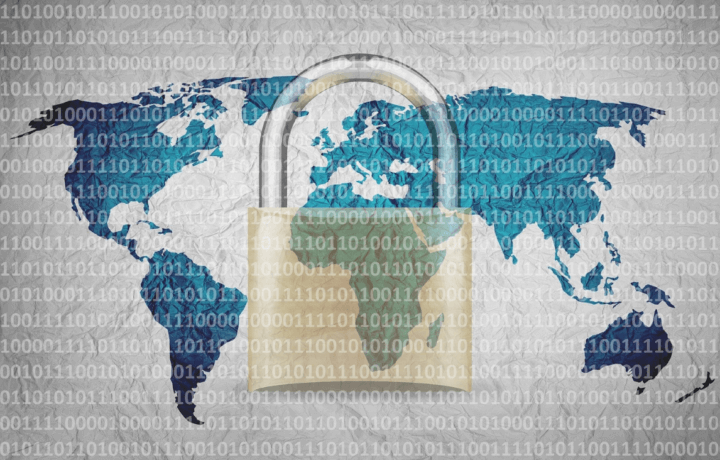As October draws to a close, ending the National Cybersecurity Awareness Month, it’s important to remember that the focus on the issue does not end. This week, General Paul M. Nakasone, Commander, U.S. Cyber Command and Director, NSA teamed up with DoD CIO Dana Deasy to discuss missions, cyber threats, and helping Americans stay cyber safe. Deasy and Nakasone emphasized the priority of keeping accounts, networks, and personal data safe.
Cyber Talent Initiative Works to Fill the Gaps
One of the key drivers in making progress in cybersecurity is growing our current talent pool. The Cybersecurity Talent Initiative is a first-of-its-kind public-private partnership that is working to recruit and train a world-class cybersecurity workforce. With more than 507,000 unfilled American cybersecurity jobs, our country faces an urgent workforce and security crisis. The shift to remote work and an increased reliance on technology during the COVID-19 pandemic makes addressing the talent deficit more important than ever.
The Cybersecurity Talent Initiative was launched this year by the Partnership for Public Service, in conjunction with Mastercard, Microsoft, Workday, and CyberVista. The inaugural cohort is currently working for one of the 11 participating federal agencies and later can work for one of the private sector partners. Federal government involvement is a key factor to success. In fact, Nakasone was even an early adopter to this initiative years ago, and he is a testimony to the fact that the success of this initiative is due to the collection of people working together.
Jennifer Buckner was originally part of the Cybersecurity Talent Initiative because she was a Brigadier General US Army and Director of Cyber, Electronic Warfare, Information Operations. She joined Mastercard’s Corporate Security team last year. She shared with ClearanceJobs about the benefit of working in both the public and private sector and the future of the cybersecurity field.
Partnership Benefits the Future of Cybersecurity
Buckner emphasized that these cyber threats are seen and shared by both government and private sector. The fact that critical infrastructure is shared with government agencies and industry helps all of the actors know what the most dangerous threats are. Partnerships are made on the basis of relationships between people because people who have worked in both sectors share a common language and have a way of synthesizing ideas to create a bigger picture. There’s such a significant shortage in cybersecurity talent, so we need to do more than just a big program or top down driven effort. Changing the cybersecurity talent shortage happens as a result of the collection of many different efforts that need to be tailored to the different needs.
The benefit of the Cybersecurity Talent Initiative is that it gives an onramp for candidates to get quickly onboarded and make a contribution to a team, making it a key way to gain experience in a short period of time. Buckner describes the initiative as a, “Small program that can make a big difference.” It can help get new recruits into the government faster since government agencies have committed to look at their onboarding processes for this program.
Key Benefits of the Cybersecurity Talent Initiative
Buckner shared three key takeaways from the progress to date:
- The initiative incentivizes people who wouldn’t normally consider public service. With less than 6% of the federal workforce under the age of 30, it’s important to create opportunities to change that narrative.
- The initiative reaches the untapped market of mid career professionals who are making a career change by going back to school. The pandemic may actually increase this market of individuals who are shifting their careers at a later age. There’s a huge pool that can be repurposed with this career program.
- The initiative showcases the diversity of talent. Technical problems require diverse talent to answer them.
Changes Now Lead to Future Dividends
While the focus of the overall mission is helpful, being in a leadership pipeline differentiates these cybersecurity candidates from the rest of the competition. Success in the cybersecurity field comes when you know how to be part of teams and how to lead them. Soft skills are really important in the technical field because the ability to work as part of a team is a key component to success.
When it comes to making strides in the long run in cybersecurity, the key is to change processes to recruit faster in order to overcome challenges in the government. While the return on investment doesn’t come immediately, the hope of the initiative is for future dividends.




